Water Shortage Pushes Central Oregon Dairy Farmer to Sell 40% of His Herd
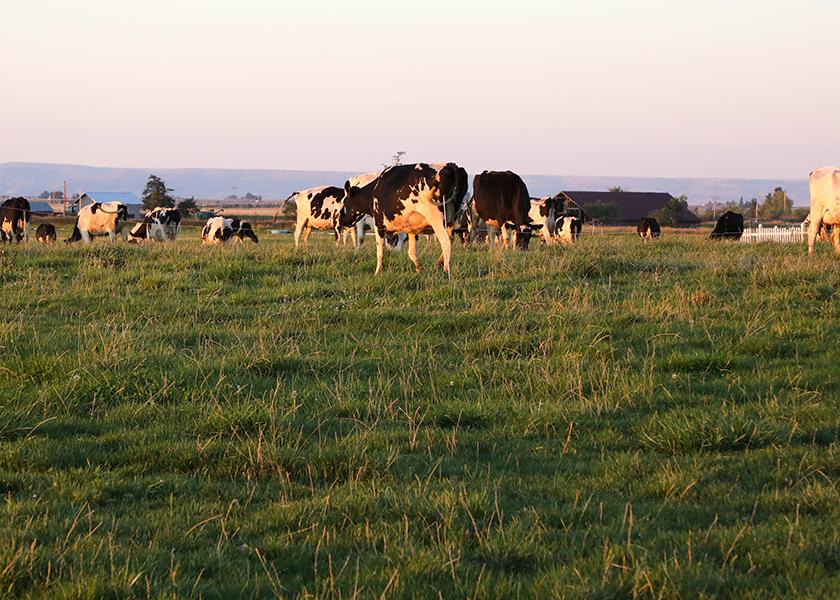
Water is a crucial ingredient when it comes to agriculture. This especially holds true in locations like the High Desert of Central Oregon. With 12 inches of precipitation annually, central Oregon isn’t a stranger to dry conditions. However, their scarce water issues have generated problems for river habitat along the Upper Deschutes River. All of this has diverted irrigation water that normally would be allocated for agriculture, to stay put in the river.
This ongoing issue has become a headache for many farmers, like dairy farmer Jos Poland of Madras. Less water doesn’t only mean fewer aces for his cows to graze on. It has forced Poland to make the hard decision to sell 40% of his herd earlier this year, reducing it from 240 head to 140 milking to cut costs. Poland says he was left with no other choice.
The water issue has been ongoing, but it was heightened when Oregon’s spotted frog population was put on the federal Endangered Species List in 2014. This caused the Center for Biological Diversity to ratchet up the pressure, slapping on a lawsuit that requires more water distribution for the Upper Deschutes. Doing just that means less water for farmers, like Poland.
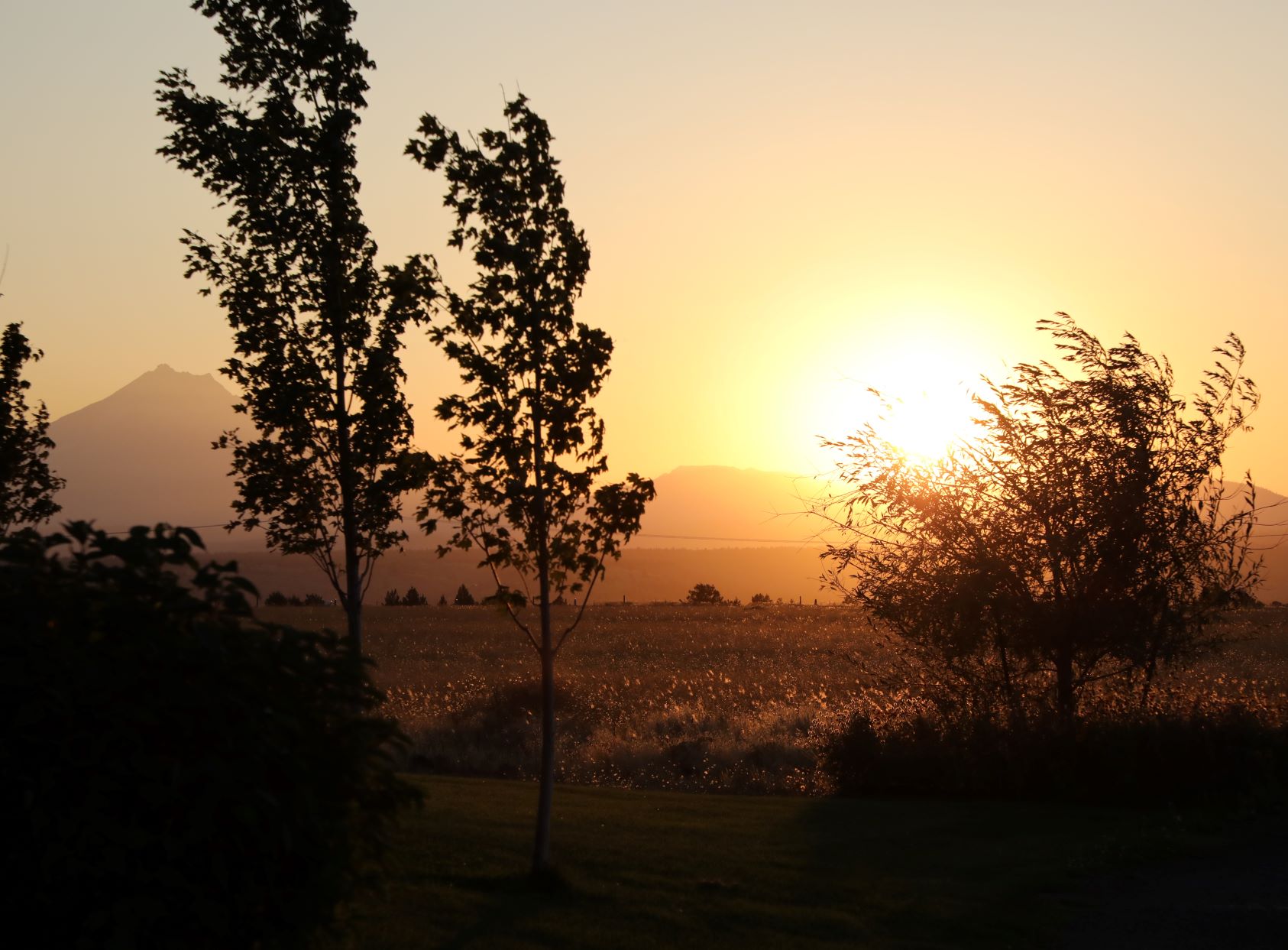
When the river loses water, the wetland frog habitat along the Upper Deschutes dries up. When the river has too much water, frog eggs flush downstream and die.
“It’s not a great picture for the frog right now,” Bridget Moran, who manages the U.S. Fish and Wildlife Service Bend office, says. “The listing of the frog brought to the surface a need for the broader restoration of the river.”
Poland, who ships his organic milk to Darigold, says he cannot grow enough grass to feed his cows due to the water shortage.
“Feed prices have skyrocketed,” he says. “And, it’s becoming harder and harder to find hay.”
Emotional as it is, Poland is contemplating what’s next for him if the drought continues.
Early Beginnings
His journey began in Holland, where he was born and raised on his family’s dairy farm, owned by his father and uncles. At 20-year-old, Poland went to Canada as an exchange student and then became a partner on a dairy farm in Alberta. In 1993, Poland moved to America to operate a conventional dairy farm in the Wilmette Valley before he built his dairy in 2005 with his wife, Deanna, who was raised on a central Oregon dairy farm.
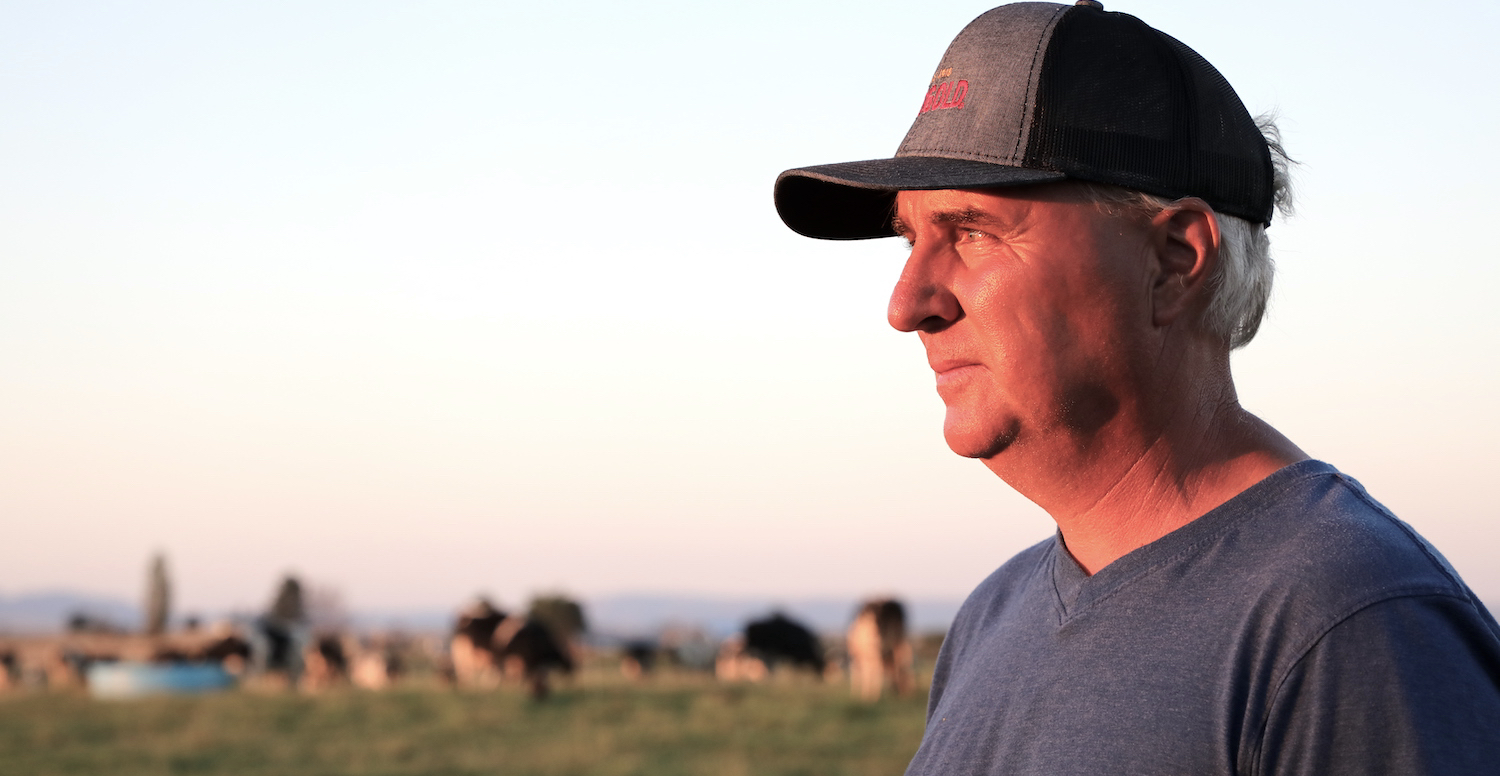
Deanna understands the heaviness of the challenges she and her husband face as dairy farmers. However, the family lifestyle that owning and operating a dairy farm provides pushes them to not give up. The Poland’s have three children: Johan, 16, and twins, Maikel and Maija, 15.
“It’s great for the family to come together and be a team, working together,” Deanna says.
When labor became a bigger issue, the Poland’s pulled the trigger to install robots in 2020. This investment is something Poland questions, as this was ahead of the drought. When the water scarcity intensified, thanks to the spotted frog issue, Poland has regrets.
“To tell you the truth, I never would have done this if I knew then what I know now,” he shares. “I would have probably said, ‘that’s enough, I’m going to do something else.’”
Water Nightmare
Being in a drought for a couple of years, Poland says their water allocations have drastically declined.
“We normally get about two feet per acre of water,” he says. “Last year we got one foot and then later during the irrigation season, somewhere at end of June, they cut us back more. This year we get allocated half of what we got last year.”
This reduction means that Poland can only irrigate about a quarter of his land that he has water rights for.
“It took a lot of time for me to get my organic pastures established,” he shares. “The best thing to control the weeds for organic farmers is to water the pastures.”
Poland reports that half of his pastures are totally dead.
“They’re done. I’ll have to start all over if we ever get water back,” he says.
Head south to Redmond-Bend area, and Poland says they are getting five to six feet per acre of water.
“It makes no sense. They’re wasting water. It’s all because it is tied up in old water laws,” he says.
Poland claims that more water was left in the river during the wintertime causing less water to be stored for future irrigation.
“We should have twice the amount of water right now,” he says.
Due to being a certified organic producer, Poland’s cows are required to spend so much time each day grazing out on pasture. Last year, they gave some leniency due to the drought, but this year he was forced to cull some cows. Poland is hoping he doesn’t have to further reduce his herd size but says that it will all depend on if his farm gets the timely summer rains that they desperately need.
“Last year we had 100°F at the end of June, which we never have had before,” he says. “I never had any thunderstorm showers to speak of last year.”
Moving Ahead
Poland's plan is to reevaluate his situation later this fall before making any further life decisions.
“We’re going to watch what feed costs do, but I do think they’re going to be just outrageous,” he says.
Although they have no signed feed contracts, the Poland’s have a great relationship with their long-time feed supplier from eastern Oregon.
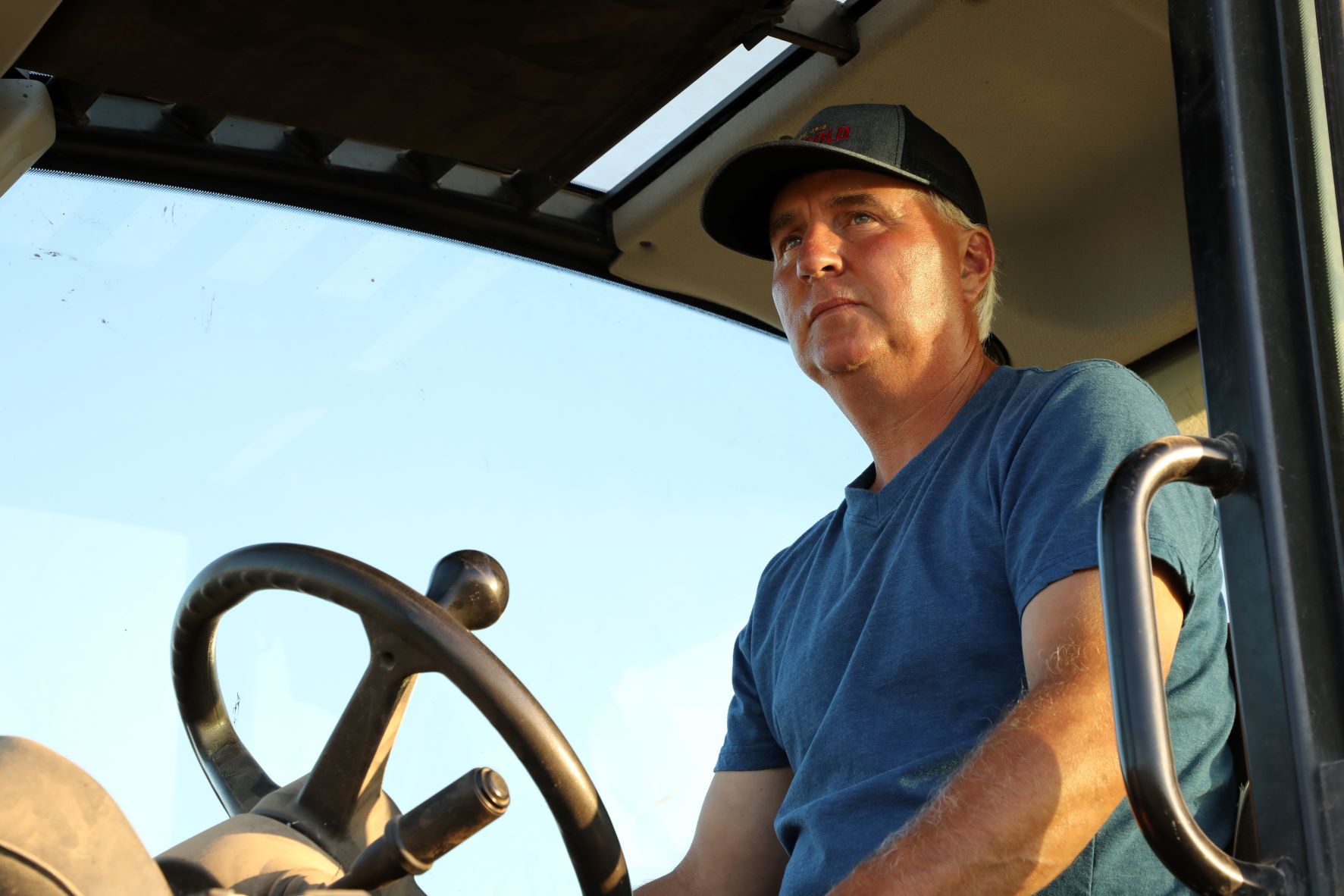
“We agree on the price and the quantity at the beginning of the season,” Poland says. “Even if prices go up, our buyer goes off of our agreed price.”
With only two dairies left in central Oregon, the idea of thinking about a life without cows tears at Poland’s heart.
“We built everything brand new here, starting from scratch,” he says. “It’s very hard to think about life without dairy cows, but at some point, you have to say enough is enough.”
Poland says truck driving might be the route he goes next, but for the time being, they’re trying to take the best care of their cattle.
“That is what we know how to do best,” he says.
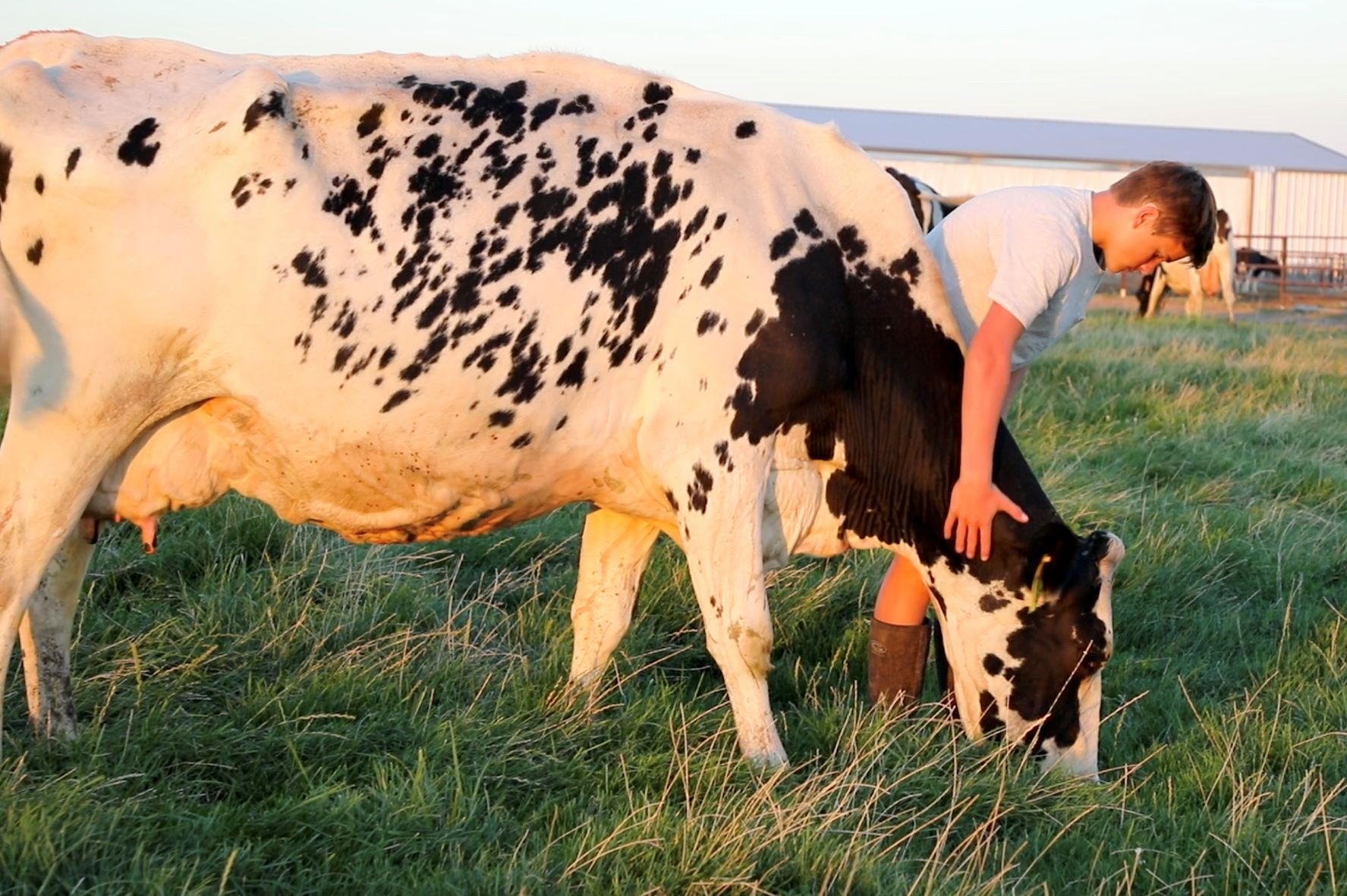
Both growing up on family dairy farms, working hard has always been in the Poland’s veins. But now, they feel like they’re working harder than ever before and with mountains of roadblocks, the duo say it’s almost too hard to keep going on.
“It never bothered me before,” he says. “But I’m 56 now and I cannot predict what the future holds.”







